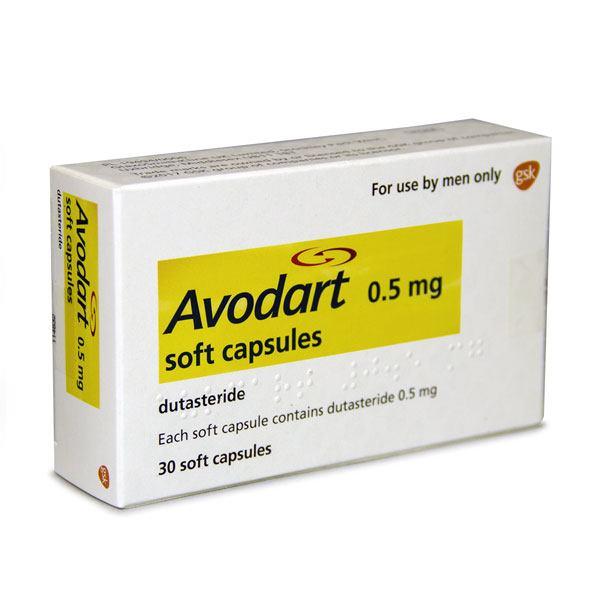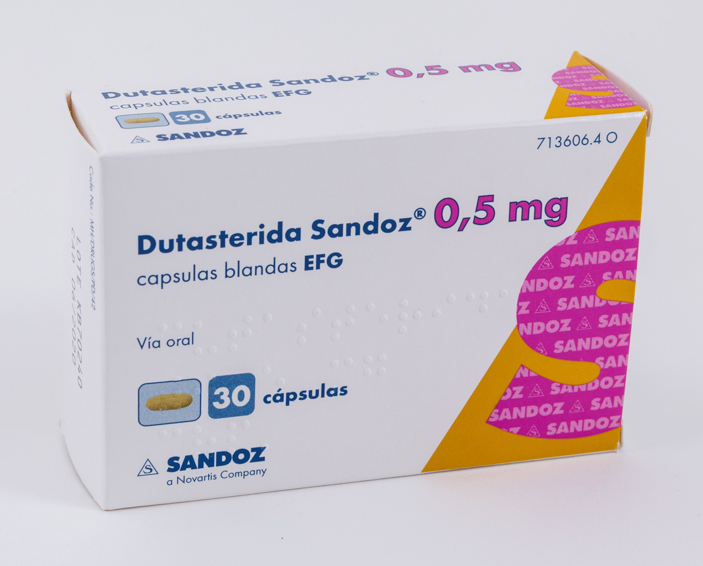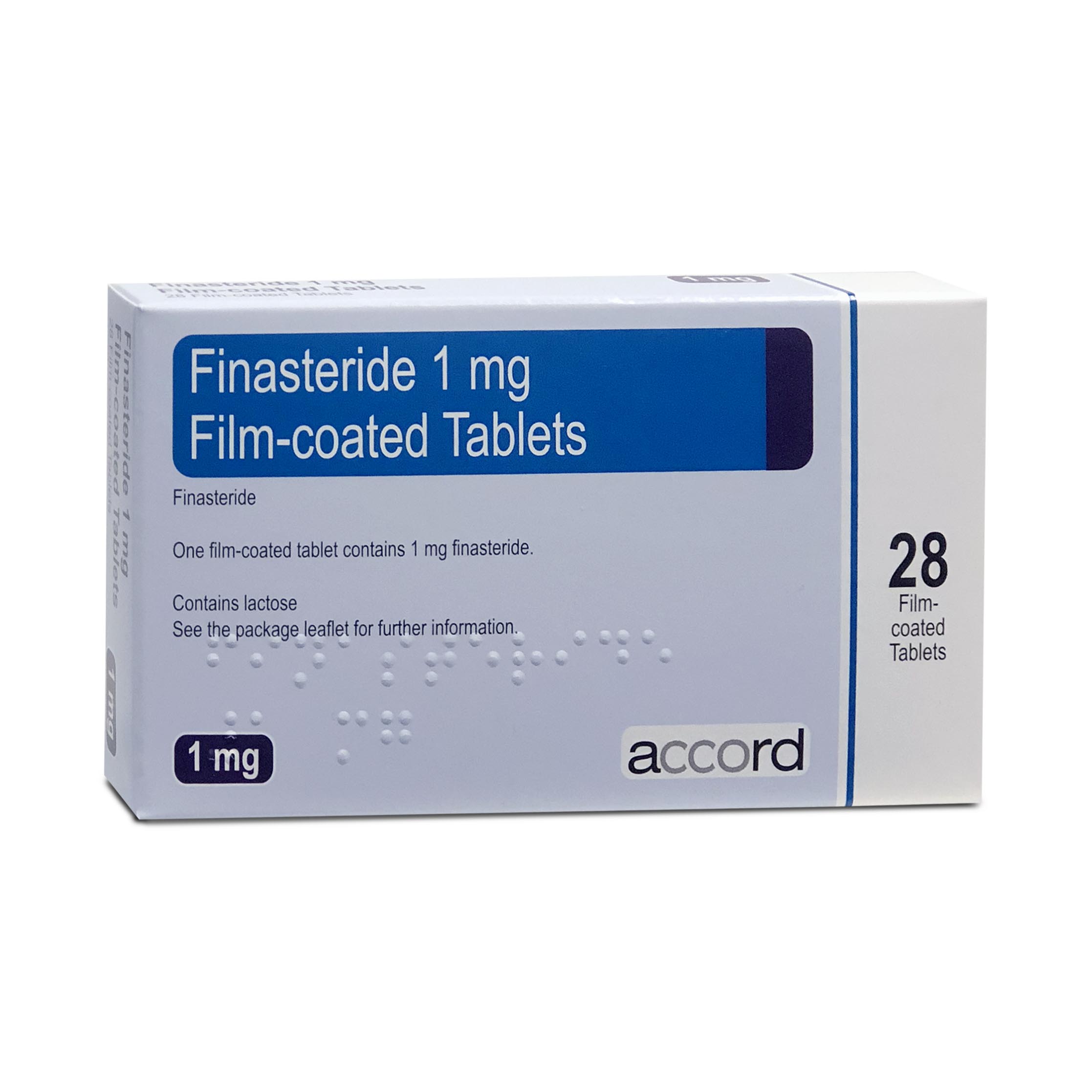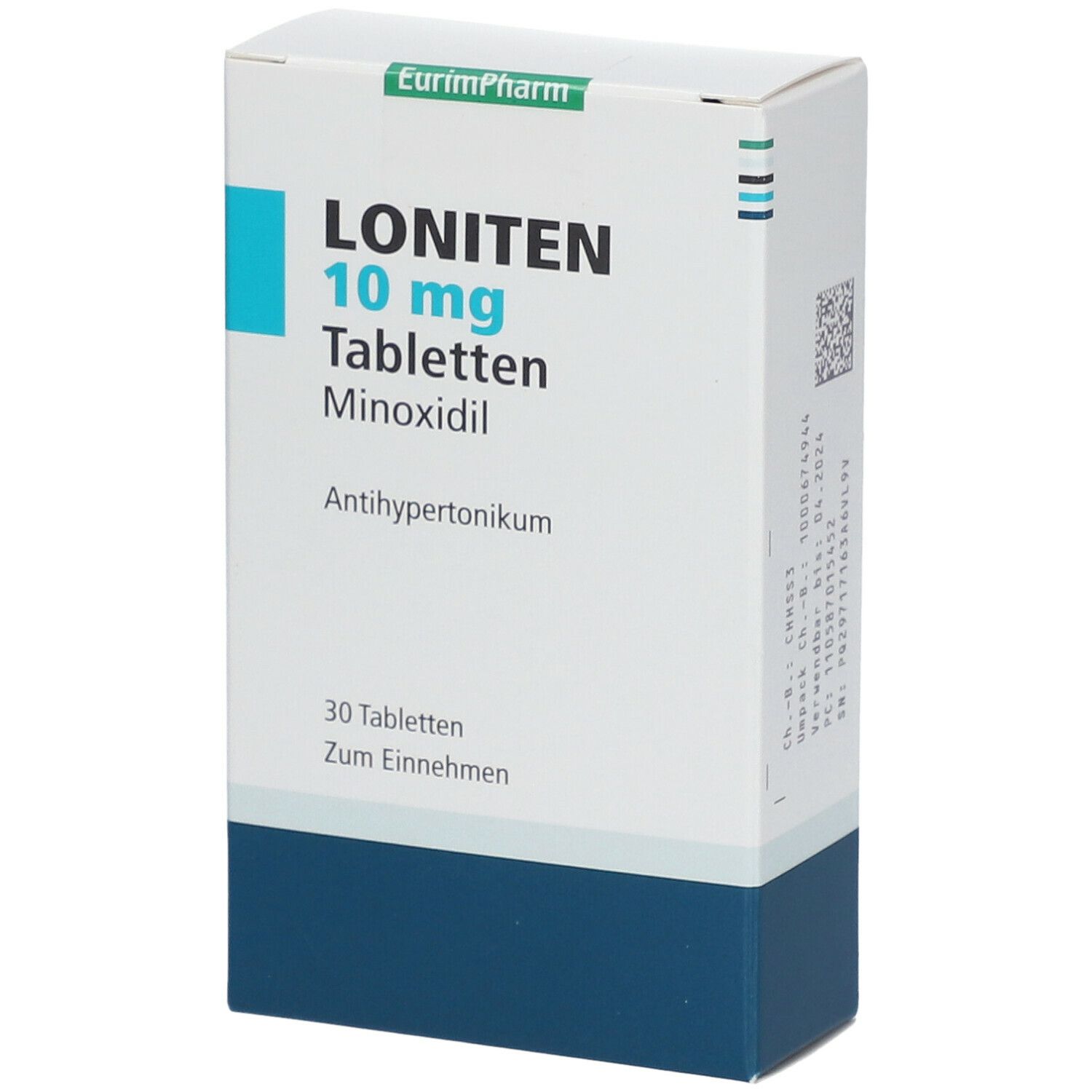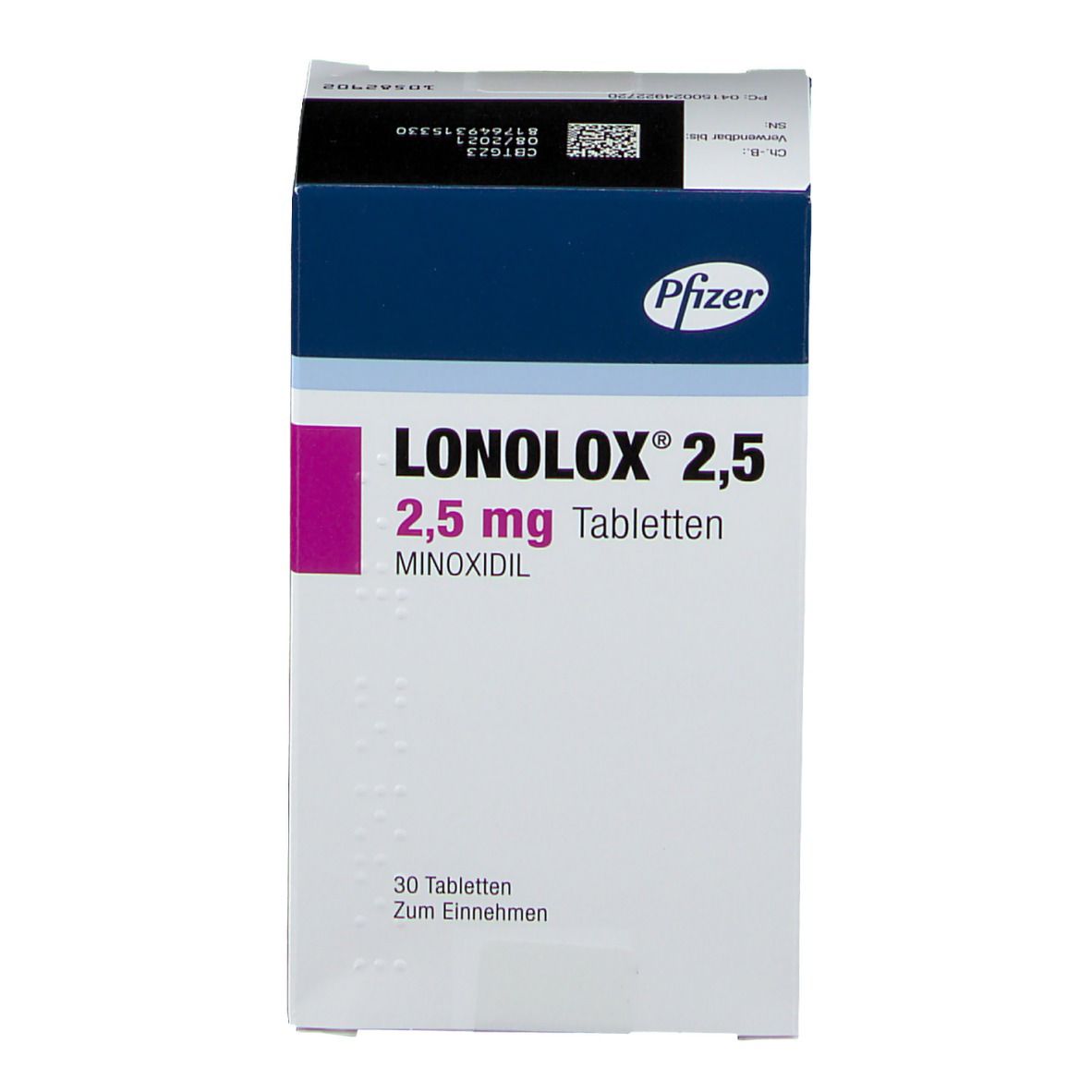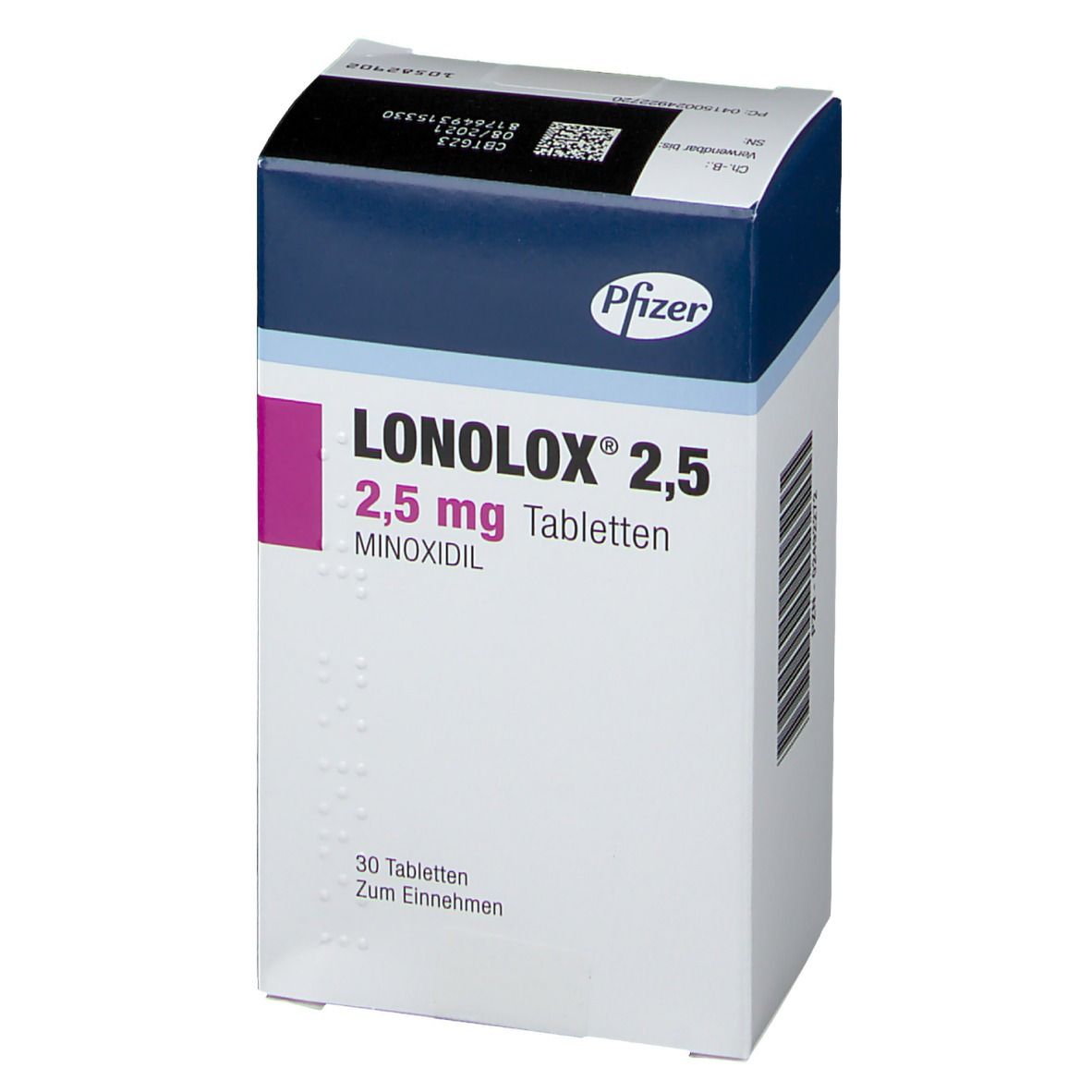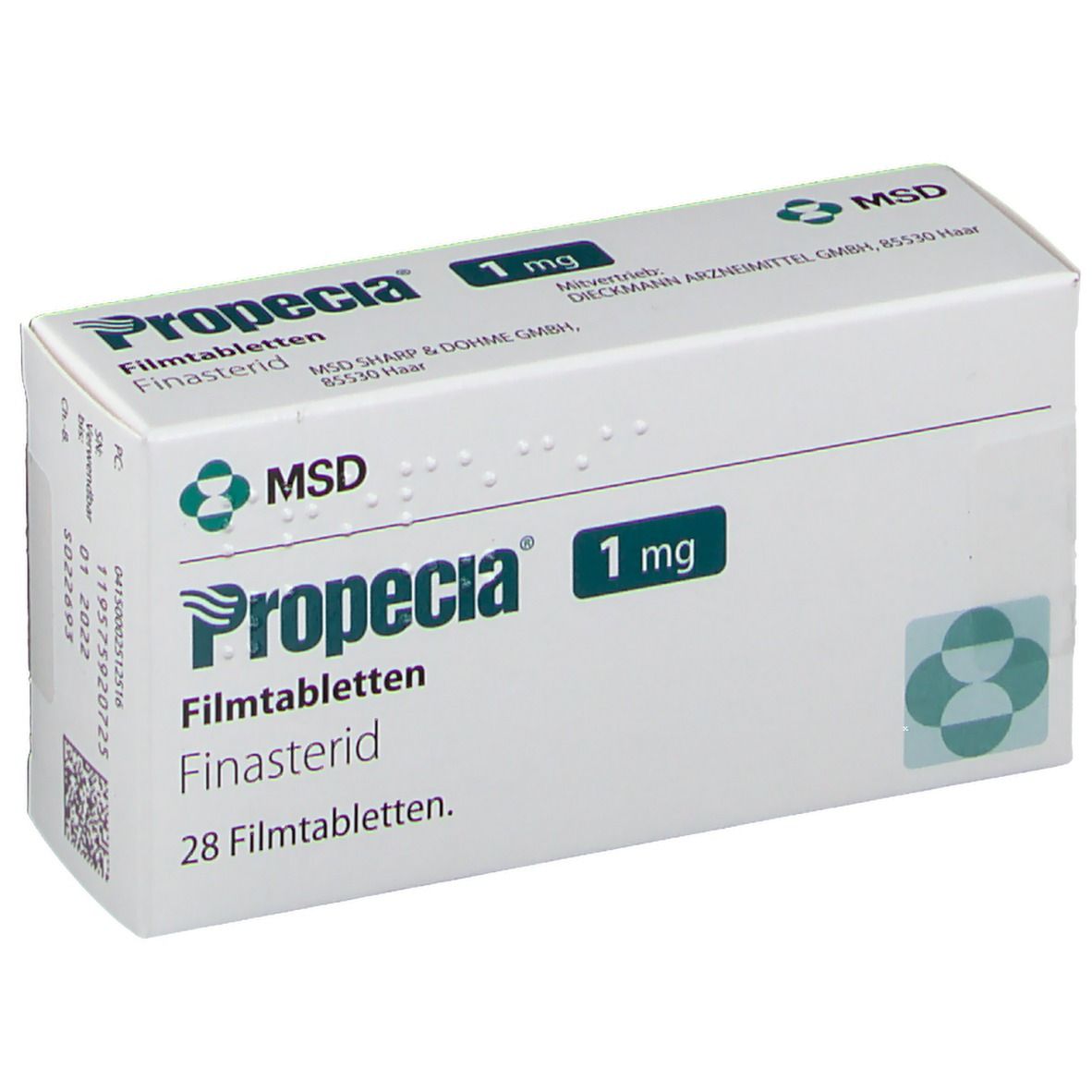HAIR LOSS
Hair loss, medically referred to as alopecia, is a prevalent condition that affects both men and women. It can stem from various factors, including genetics, hormonal changes, medical conditions, and certain medications. While a complete cure for hair loss is not available, there are licensed medications that can effectively slow down or even reverse the process.
One well-known prescription medication for hair loss is finasteride, marketed as Propecia. Finasteride belongs to the category of 5-alpha-reductase inhibitors and functions by blocking the enzyme responsible for converting testosterone into dihydrotestosterone (DHT). DHT plays a significant role in male pattern baldness, and by inhibiting its production, finasteride can decelerate hair loss and promote new hair growth.
Another widely used prescription medication for hair loss is minoxidil, sold as Rogaine. Minoxidil is a topical solution applied directly to the scalp. It is believed to enhance blood flow to the hair follicles, stimulating new hair growth. Available in foam and liquid forms, minoxidil is most effective when applied to the crown of the head and the temples.
Dutasteride, marketed as Avodart, is another prescription medication for hair loss. Similar to finasteride, dutasteride is a 5-alpha-reductase inhibitor, but it possesses higher potency and a longer half-life. Consequently, it may exhibit enhanced effectiveness in slowing down hair loss and promoting hair growth, but it also carries a higher likelihood of side effects.
Apart from these medications, several other prescription treatments are employed for addressing hair loss, including:
- Cyproterone acetate: Often combined with estrogen, this medication helps treat male pattern baldness in women by obstructing the effects of androgens (male hormones) on hair follicles.
- Spironolactone: Primarily a diuretic, this medication is sometimes prescribed to treat hair loss in women. It operates by blocking the effects of androgens on hair follicles.
- Eflornithine: Available as a topical cream, this medication is used to combat excessive facial hair growth in women by inhibiting the enzyme responsible for the synthesis of ornithine decarboxylase, a factor in hair growth.
- Corticosteroids: These medications are utilized for various conditions, including alopecia areata, an autoimmune disorder causing hair loss. They function by reducing inflammation and suppressing the immune system, thereby promoting hair regrowth.

